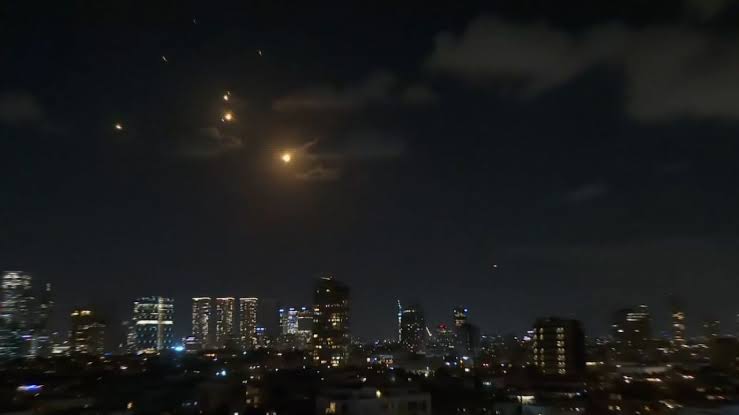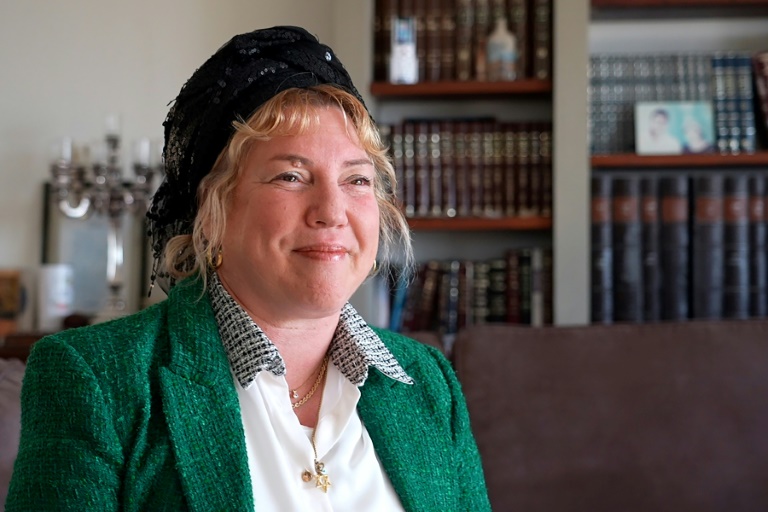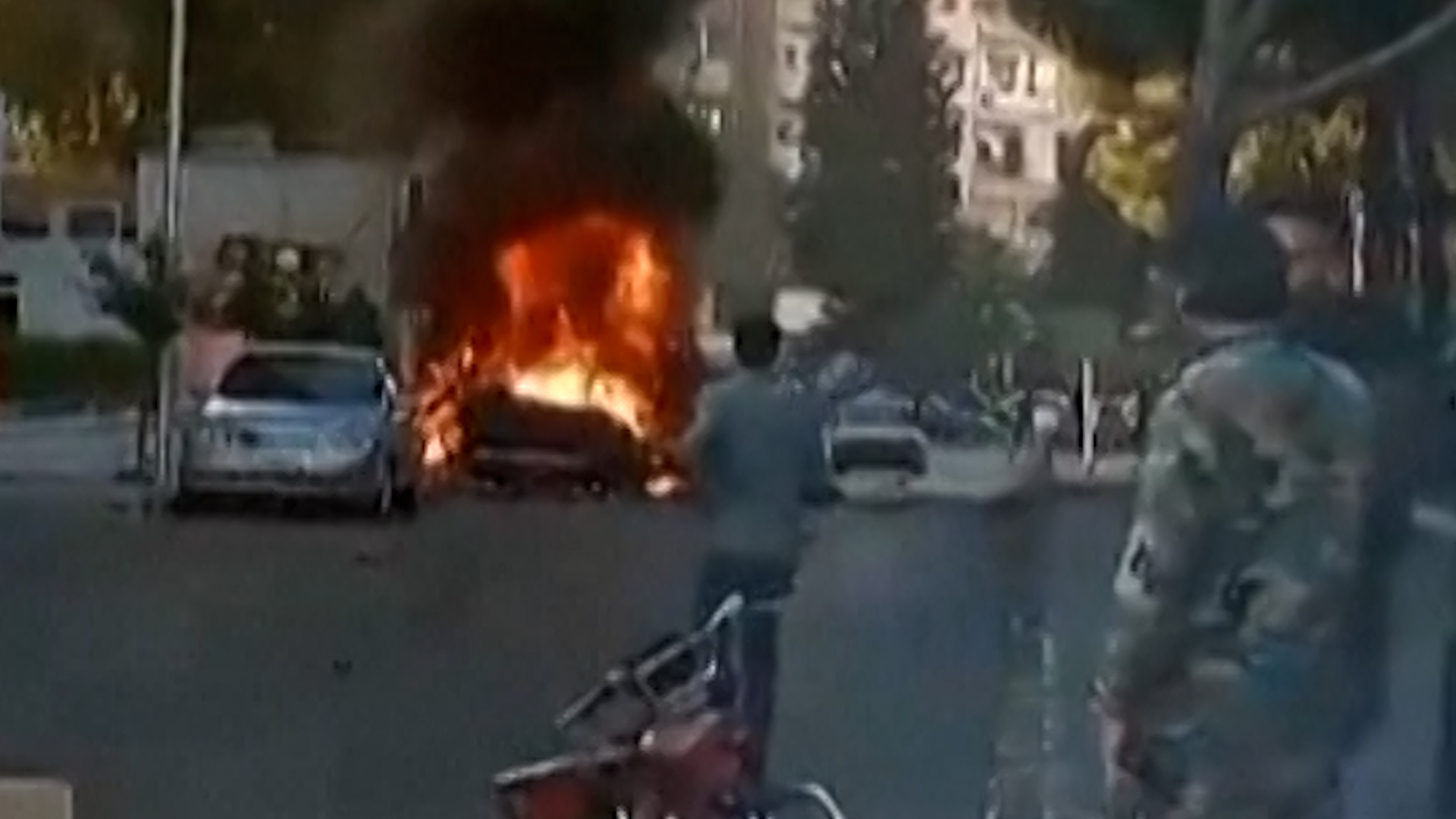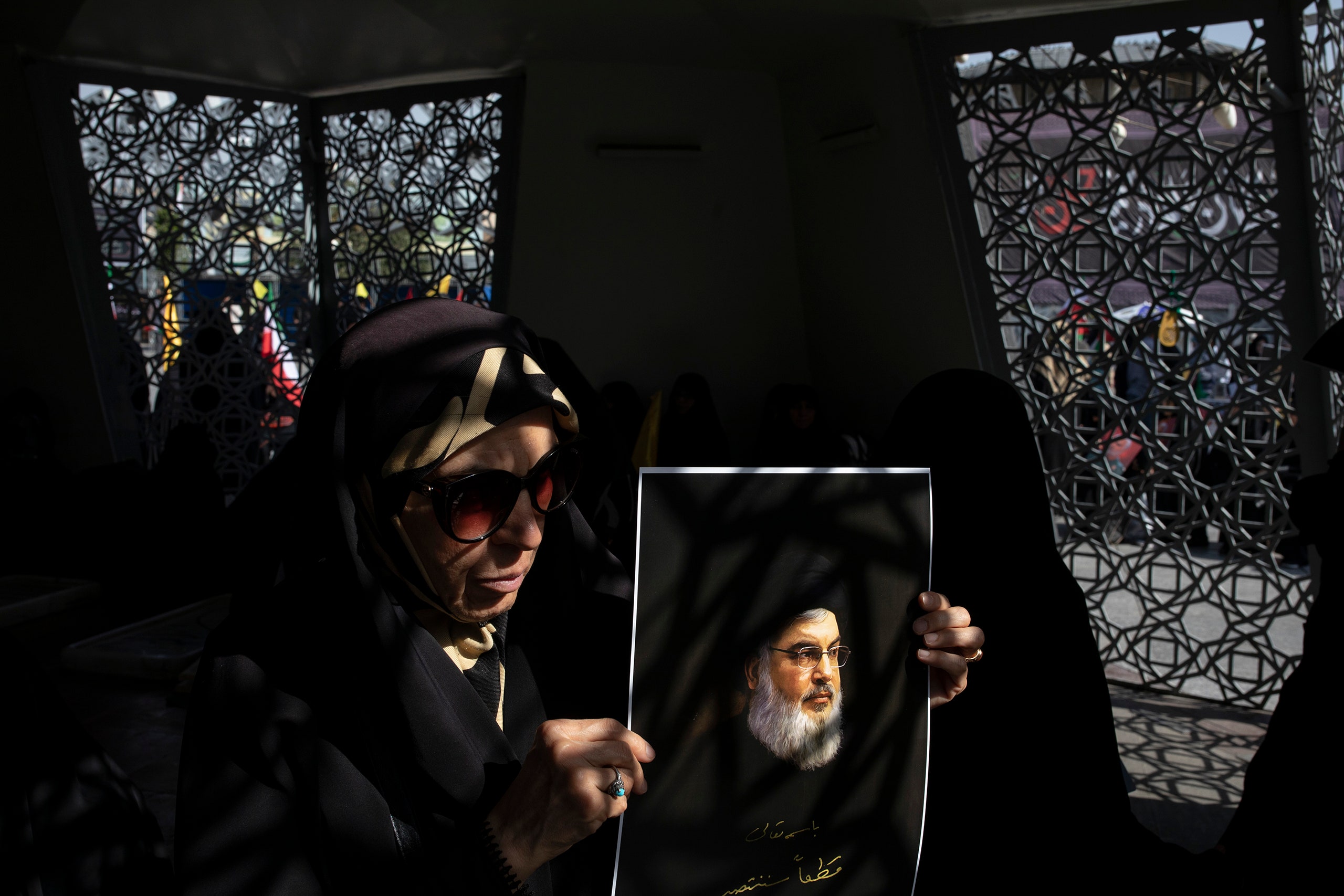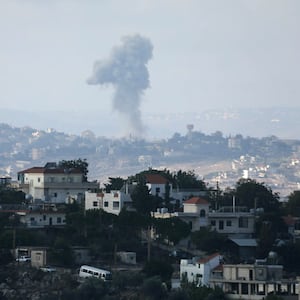Iran’s Islamic Revolutionary Guard Corps (IRGC) announced on Tuesday that it targeted Israel with a barrage of missiles in response to the killing of Hezbollah leader Hassan Nasrallah, prompting air raid sirens to blare across the country. The IRGC issued a warning to Israel, threatening “crushing attacks” if the country retaliates. The extent of the damage caused by the Iranian missile strikes is still being assessed.
US to Help Defend Israel
In response, US President Joe Biden has stated that the United States is prepared to help “Israel defend itself from Iran attacks.”
Earlier on Tuesday, Israel launched a ground invasion into southern Lebanon, targeting Hezbollah, marking a new and dangerous phase in the nearly year-long conflict.
You may be interested
The invasion, which Israel’s National Security Cabinet has called the “next phase” of its war with Hezbollah, was the fourth time that Israeli soldiers have publicly entered Lebanese soil in nearly 50 years and the first since Israel’s 34-day war in 2006.
Limited ground operation
Israeli troops laid the groundwork for what it called a “limited ground operation” in recent days, ramping up airstrikes that have killed hundreds of people, destroyed homes and displaced about one million people in Lebanon.
The latest escalation comes after Israel killed Hezbollah’s leader Hassan Nasrallah in an airstrike on Friday and decimated the leadership of the most powerful paramilitary force in the Middle East.
Israeli officials have characterized the invasion into southern Lebanon as limited in scope, saying there will be “no long-term occupation.”
All of Lebanon will fight this time
However, the invasion sparked fear and anger in Lebanon. “Not just Hezbollah, all of Lebanon will fight this time. All of Lebanon is determined to fight Israel for the massacres it committed in Gaza and Lebanon,” Abu Alaa, a resident of the southern port city of Sidon told Reuters.
A Hezbollah spokesperson told Reuters on Tuesday that the Israeli military had not entered Lebanese territory but that Hezbollah would be ready to fight them in direct clashes if they did.
The group said on Tuesday that it had fired the “Fadi 4” at military positions in the suburbs of Tel Aviv, Israel’s commercial capital. The missile is the fourth iteration of a series that has progressively bigger payloads and longer ranges, which Hezbollah has begun to use in recent weeks.
Hezbollah fired on Israel Mossad Headquarters
Hezbollah also said it fired missiles at the headquarters of Israel’s Mossad intelligence agency and a military intelligence unit on the outskirts of Tel Aviv. Israel’s ambulance service said two people had been wounded by shrapnel from the barrage of missiles.
Despite its biggest successes against Hezbollah in decades, Israel has indicated it was primed for a full-fledged invasion of Lebanon with the stated aim of enabling thousands of its citizens who fled Hezbollah rockets to safely return to their communities near the northern border.
More than 1,700 people have been killed in Lebanon by Israeli attacks since October 8, 2023. Israel’s strikes have displaced 1 million Lebanese from their homes.
Israeli officials have declined to say how deep Israeli troops would venture into the country or how long the operation is expected to last. On Tuesday, the Israeli military called on residents in more than two dozen villages in southern Lebanon to evacuate approximately 30 miles into the country.
An Israeli security official told reporters on condition of anonymity Tuesday morning that there were so far “no clashes” on the ground between the IDF and Hezbollah, but refused to comment on whether Israeli tanks have entered Lebanon and would not elaborate on how deep into Lebanese territory Israeli troops have advanced, saying they were focused on the border areas, according to CNN.
“The amount of forces and the type of forces are more appropriate to something of a limited raid, and not, for example, things we’ve seen in Gaza with very, very large forces,” the official added.
Hezbollah rejected the claim that Israeli forces had entered southern Lebanon, describing them as “lies,” according to a statement by spokesperson Mohamed Afif on Tuesday.
A source from the UN Interim Forces in Lebanon (UNIFIL) said the Israeli military has staged some “sporadic raids” across the Lebanon-Israel border but its troops have not remained on Lebanese soil. The assessment that Israel has not yet launched a full-scale invasion was supported by two other high-level Lebanese security sources.
Egypt’s Foreign Minister Badr Abdelatty held a phone call with Nabih Berri, Speaker of the Lebanese Parliament.
The call focused on the latest developments in Lebanon and reaffirmed Egypt’s unwavering solidarity with the country during this challenging time. Egypt remains committed to maintaining Lebanon’s stability, unity, and sovereignty.
Ambassador Tamim Khallaf, the spokesperson for the Ministry of Foreign Affairs, stated that Minister Abdelatty condemned the dangerous Israeli escalation in South Lebanon.
Egypt firmly opposes any attempt to establish a new status quo on Lebanese territory that undermines its sovereignty. He emphasized that this escalation threatens to ignite the region, leading to dire security and humanitarian consequences.
The Minister listened as the Speaker of Parliament explained the deteriorating political, security, and humanitarian situations, particularly the displacement of 750,000 Lebanese citizens from southern villages. This displacement has had a devastating impact on the Lebanese people.
During the call, both parties stressed the importance of implementing UN Security Council Resolution 1701 without selectivity, urging the Council to fulfil its responsibilities and execute its decisions, including halting Israeli aggression. They further emphasized the need for an immediate ceasefire in Lebanon and the Gaza Strip.

